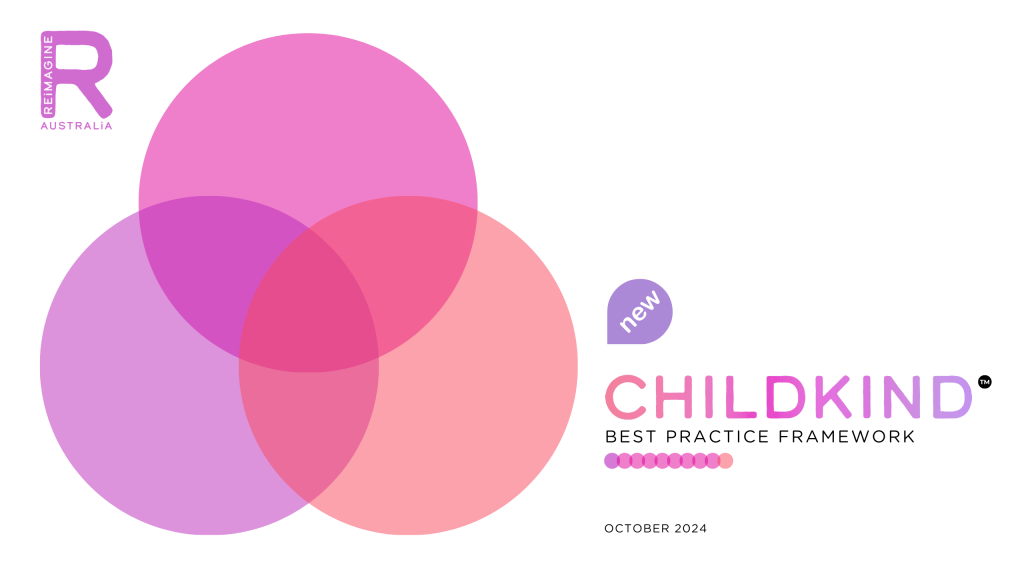KEY COMPETENCY 4.3 – INDIVIDUALISE MY SUPPORTS
“I will adapt practices to meet the unique needs of each child and family, regularly reviewing and adjusting supports as needed to ensure they effectively serve children and families.”
Adaptive Practice is the third competency under the ‘Individualise My Supports’ Way of Working, and relates to the ‘design and delivery of services and supports‘ phase of the child’s early developmental support journey. It is important for:
Responsive Support: Enables practitioners to adjust strategies and interventions based on the evolving needs of each child and family, ensuring that support remains relevant and effective.
Enhancing Outcomes: Ability to quickly implement changes that address challenges or barriers, ultimately leading to improved developmental outcomes for children.
Encouraging Continuous Learning: Promotes a culture of reflection and learning, encouraging practitioners to evaluate their approaches and integrate new evidence and feedback into their practice.
Empowerment: Empowers families by involving them in the decision-making process, fostering collaboration and ensuring that supports align with their goals and values.
Adaptive practice involves continuously modifying and tailoring interventions to meet the evolving needs of each child and family. It requires flexibility, creativity, and responsiveness from practitioners to ensure that support remains effective and relevant over time.
Adaptive teaching practices have been shown to improve learning outcomes for children, particularly those with diverse learning needs. Research on differentiated instruction in early childhood settings highlights the importance of flexibility in meeting each child’s unique needs.
Research and Further Reading:
Tomlinson, C. A. (2004). The differentiated classroom: Responding to the needs of all learners. ASCD.
National Association for the Education of Young Children (NAEYC). (2009). Developmentally appropriate practice in early childhood programs. Position Statement.
Darragh, J. (2007). Universal design for early childhood education: Ensuring access and equity for all. Early Childhood Education Journal, 35(2), 167-171. https://doi.org/10.1007/s10643-007-0177-4
COMPETENCY MILESTONES
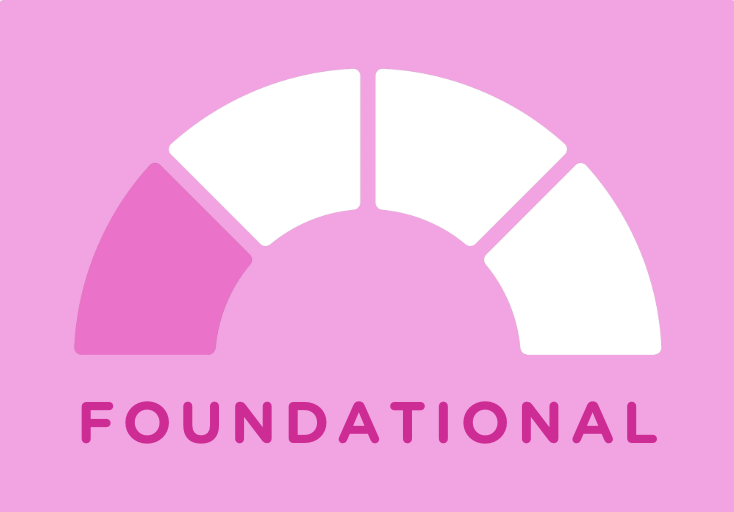
I am able to:
Understand the importance of adapting strategies and supports based on ongoing assessment, feedback, and family/child perspectives to accommodate diverse abilities.
Integrate knowledge of varying abilities into support plans, ensuring inclusivity and accessibility in service delivery.
Create safe and supportive environments for children and families, promoting respect for diversity and individual needs.
Demonstrate knowledge and skill to adjust strategies and interventions based on ongoing assessments and feedback.
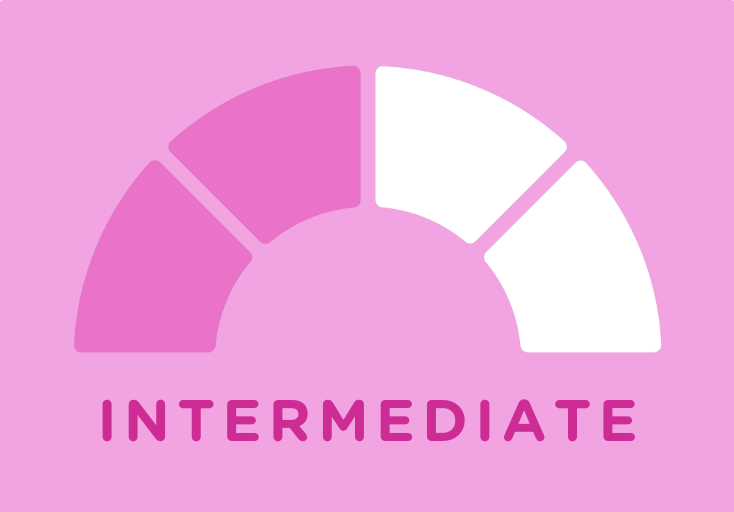
I am able to:
Adjust interventions dynamically in response to changing needs and circumstances, using feedback and assessment data to refine approaches.
Engage families and children in decision-making processes, tailoring supports and interventions to align with their preferences and goals.
Advocate for inclusivity and accessibility, ensuring that services are accessible to all children and families.
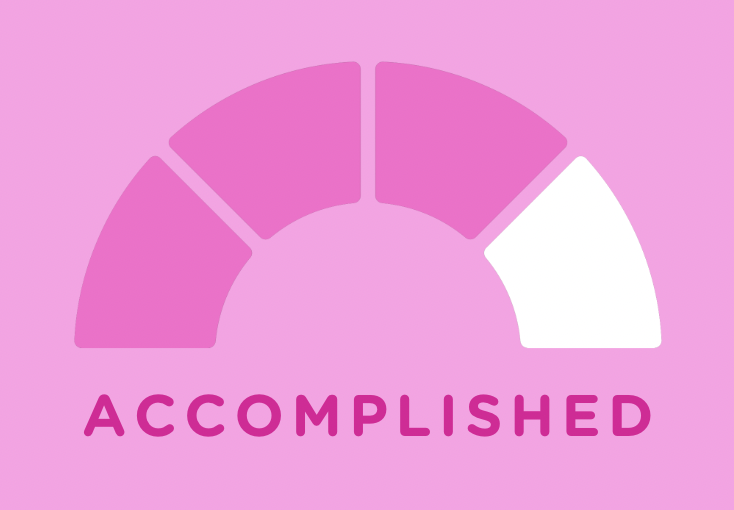
I am able to:
Lead initiatives to promote adaptive practices within teams and organisations, fostering a culture of flexibility and responsiveness.
Seek out and have access to adaptive strategies to address complex needs and challenges, piloting new approaches and evaluating their impact on outcomes.
Advocate for systemic changes to embed adaptive practices in organisational policies and practices.
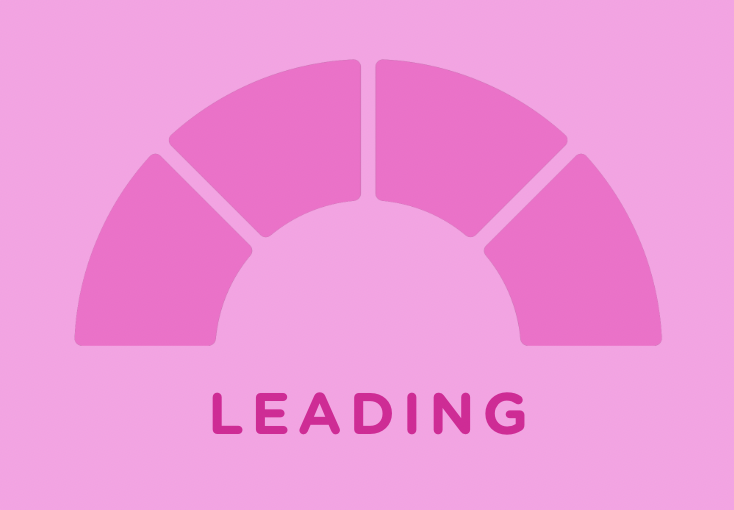
I am able to:
Understand and promote industry standards for adaptive practices and interventions, establishing benchmarks for flexibility and responsiveness in service delivery.
Influence policy developments to support adaptive practices and create inclusive environments, collaborating with children, families and carers to drive legislative changes.
Build strategic alliances with community organisations, government agencies, and advocacy groups to advance sector-wide improvements in service accessibility and quality.
Reflection questions are a valuable tool for practitioners, promoting self-awareness, critical thinking, continuous improvement, and stronger relationships in their work with children and families. Below are some reflection questions for Key Competency 4.3: Adaptive Practice:
How am I adapting my practices to meet the specific needs of this child and family?
What feedback have I received from the family about the effectiveness of these adaptations?
How often do I review and revise my approaches to ensure they remain responsive?
Adaptive practice means being flexible and responsive, continually evolving our approaches to meet the needs of each child and family.
(Tomlinson, 2004, p. 22).
Access more information on the ChildKind Best Practice Framework with its 10 Ways of Working, 30 Key Competencies and 8 supporting Values and Behaviours here:
